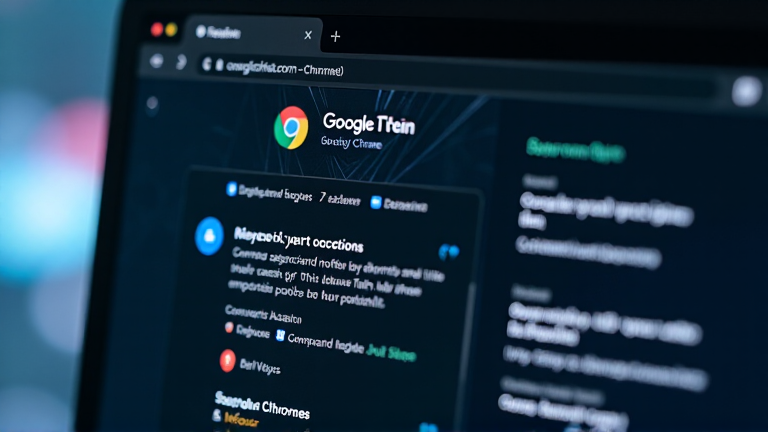
Chrome's New AI Feature to Streamline Permission Notifications
Google continues to push the boundaries of artificial intelligence integration across its ecosystem, from hardware like Google Pixel phones to software such as Workspace and Google Chrome. In its latest move, Chrome is set to introduce an AI-driven feature designed to intelligently manage permission notifications, making browsing smoother and less intrusive.
The Problem with Permission Pop-Ups
Many websites request permissions for various functionalities, such as accessing your location, microphone, camera, or sending notifications. While some of these requests are legitimate, others can be intrusive or even malicious. Frequent pop-ups can disrupt the browsing experience, especially when users are unlikely to grant the requested permissions.
Introducing PermissionsAI: A Smarter Way to Handle Notifications
Google Chrome's upcoming feature, PermissionsAI, leverages artificial intelligence to analyze user browsing habits and predict the likelihood of granting specific permissions. If the AI determines that a user is unlikely to approve a request, it will display the notification in a quieter, less intrusive manner. This ensures that users are only interrupted when necessary, enhancing the overall browsing experience.
How PermissionsAI Works
PermissionsAI relies on two key components: - Permission Predictions Service: This service evaluates browsing patterns to predict user behavior. - Gemini Nano v2: A lightweight machine learning model integrated into Chrome that powers the feature.
To ensure data security, the feature requires Safe Browsing to be enabled, which protects user information while the AI analyzes browsing habits.
Early Access and Future Rollout
Currently, PermissionsAI is still in development, but an early version is available for testing in Chrome Canary, the experimental version of the browser. The feature's description in Canary highlights its purpose: to use AI predictions to display permission requests in a quieter UI when the likelihood of approval is low.
While there is no official release date for the stable version of Chrome, the feature is expected to roll out widely in the near future. Its convenience and potential to reduce disruptions make it a highly anticipated addition to Chrome's toolkit.
Why This Matters
PermissionsAI represents a significant step forward in making web browsing more user-friendly. By minimizing unnecessary interruptions, it allows users to focus on their tasks without being bombarded by irrelevant permission requests. This innovation also underscores Google's commitment to leveraging AI to enhance everyday digital experiences.
Key Takeaways: - Chrome's PermissionsAI uses AI to predict and manage permission requests. - Notifications are displayed discreetly if the user is unlikely to grant permission. - The feature relies on the Permission Predictions Service and Gemini Nano v2. - Safe Browsing must be enabled for the feature to work. - Currently available in Chrome Canary, with a stable release date yet to be announced.
Note: This publication was rewritten using AI. The content was based on the original source linked above.